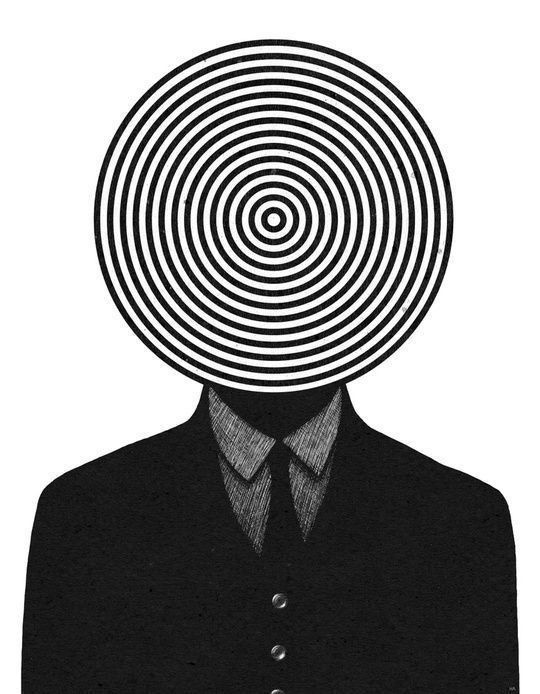Not just as a metaphor, not just in philosophy, but in science, history, politics, and your own memory.
1492. Columbus "discovered" America. To Spain, it was a triumph. To the indigenous people, it was the beginning of genocide. The land did not change. The reality did.
1857. India called it the First War of Independence. The British called it the Sepoy Mutiny. The events were the same. The interpretations were not.
1919. Jallianwala Bagh. General Dyer claimed he was restoring order. India saw a massacre. Winston Churchill called it “monstrous,” but never apologized. Dyer never regretted it. Which reality was true?
Einstein proved it. Time moves slower for someone near a black hole than for someone on Earth. Both believe their clocks are correct. Both are right. “The distinction between past, present, and future is only a stubbornly persistent illusion.”
Quantum mechanics shattered certainty. The double-slit experiment showed that light behaves as a wave or a particle depending on observation. The act of looking changes the outcome. Reality shifts based on perspective.
History rewrites itself. Galileo was a heretic in 1633, a visionary by 1992, when the Vatican finally admitted he was right. Mandela was a terrorist in 1964, a Nobel laureate in 1993. Women were “too emotional” to vote in 1910, leaders of nations by 2020.
Even your own life is proof. A heartbreak that once shattered you now seems necessary. A job you once prayed for now feels like a trap. A belief you swore by now feels childish. You look back at your past self and wonder was that really me? Yes. And no.
Reality is not fixed. It is a conversation between time, power, and perception. The world does not change. The lens through which we see it does.
Nothing is absolute. Not history, not morality, not even time itself.
Your reality is only as real as the version you choose to believe.

